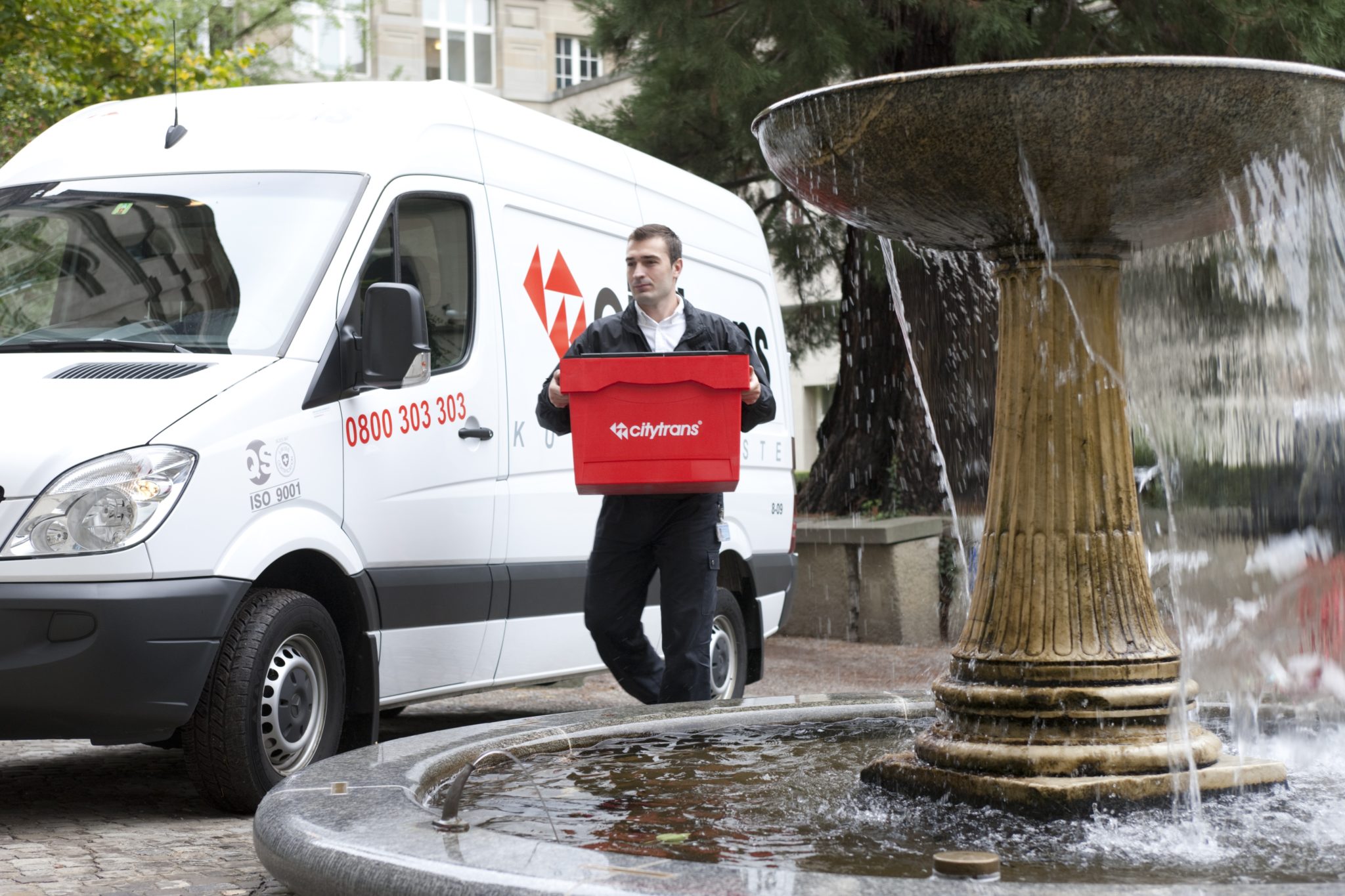Rather than handling their own delivery processes, many small businesses turn to logistics companies to fulfill their shipping needs. This includes companies from every industry, including small local businesses and nationwide e-commerce retailers. It is one of the easiest ways to make your business operations easier.
But why is this? What are the benefits of using a courier service? And should your business consider outsourcing delivery? Here are 5 reasons why SMEs use couriers and the benefits they can have.
Efficient Booking :
If handled in-house, arranging delivery can be a long process. This includes selecting the right route, arranging for parcels to be loaded and ensuring the vehicle leaves on time. Outsourcing to a courier only requires a short booking process using a streamlined, online system. Parcels can simply be collected at a time that suits you, then the rest is done for you. It’s one of the most efficient ways of making sure that your luggage is delivered in good time.
More Affordable :
Running your own delivery fleet can be expensive. From recruitment and wages to fuel and repairs, and training and software, costs can be sporadic and soon mount up. A courier, on the other hand, can be paid by invoice. This provides one single payment per month, which could help to boost cash flow and plan for growth – to save further, you could consider using a courier comparison service, like Parcel2Go.com. It is the most cost-effective way of shipping your products from one place to another.
Professional Image :
As a small business, it can be hard to attract customers. One reason for this is trust, as, without a reputation, customers may be unfamiliar with your brand. However, using a courier service can inspire trust by making your SME appear larger, more established and more professional. A courier service could also help your business to stand out from competitors. Courier services will definitely take the image of your brand to the next level.
Reduces Risk :
For SMEs completing their own delivery, should a parcel be lost or damaged, the onus is on them. When using a courier, on the other hand, items are insured. This provides the opportunity to claim, covering the cost of the order and reducing loss. However, it is important to remember that your company is responsible for resolving the issue and boosting customer satisfaction. You will significantly reduce your risk levels when you use courier services to ship your goods. They have safe transportation cargos and an insurance cover to mitigate the risk.
Provides Updates :
For SMEs, providing customers with regular delivery updates requires investment in software and staff training, both of which can be costly and time-consuming. However, a courier already has these systems in place. This provides your customers with tracking and notifications at every step, saving your business money and keeping customers happy.
As you can see, using a courier can benefit both SMEs and their customers, by reducing costs and saving time, as well as projecting a more professional image and providing delivery notifications.
For more tips, see our business section.






















